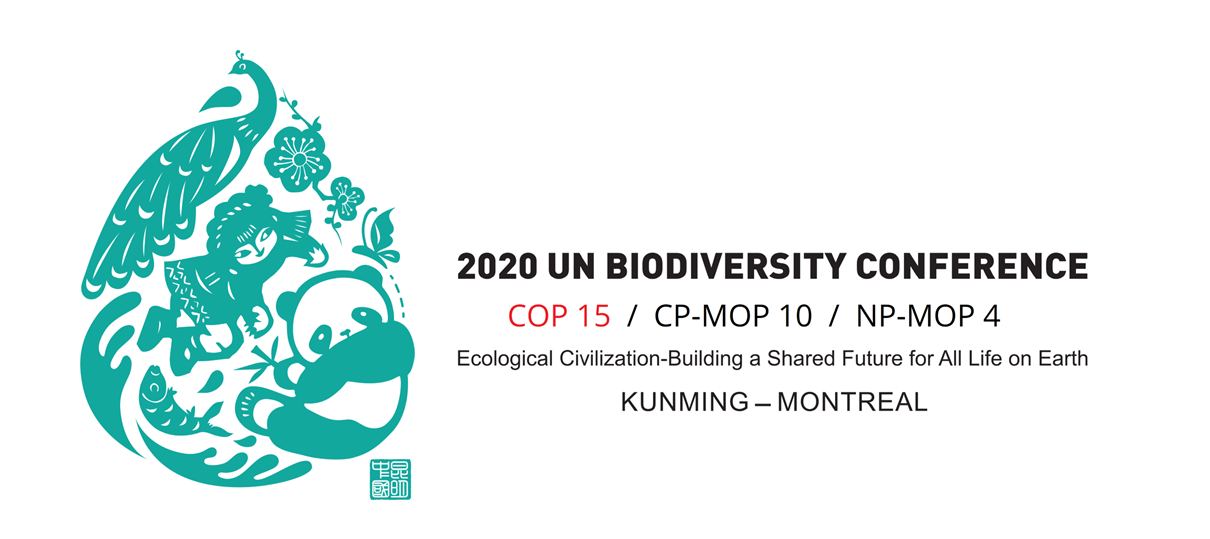 Nathalia Rosa, Unsplash
Nathalia Rosa, Unsplash
CEPA FAIR 2022 - On-site events - 8 December - COP15
On-site events - 8 December 2022
- [11:00am-12:00pm] On the Edge
- [12:00-1:00pm] International Indigenous Forum on Biodiversity (IIFB)
- [1:00-2:00pm] Women4Biodiversity
- [2:00-3:00pm] IUCN - Commission on Education and Communication (CEC)
- [3:00-4:00pm] Indigenous Women's Biodiversity Network (IWBN)
- [4:00-5:00pm] Canadian Association of Science Centres (CASC-ACCS)
- [5:00-6:00pm] Athabasca Chipewyan First Nation (ACFN) & Mikisew Cree First Nation (MCFN)
- [6:00-8:00pm] International Land Coalition
8 DECEMBER 2022 |
|---|
On the Edge
Measuring changes in understanding, awareness and appreciation of biodiversity at national and global scales
On the Edge IUCN Commission for Education and Communication University of Oxford, Department of Biology
|

International Indigenous Forum on Biodiversity (IIFB)
The role of Indigenous Peoples and Local Communities in enhancing Biodiversity conservation and sustainable useShowcasing Indigenous Peoples and Local Communities contributions to Biodiversity conservation and sustainable use through video case studies and discussion. The session was introduced by an indigenous/community leader, and other indigenous and community representatives present case study films. The session included time for discussion. 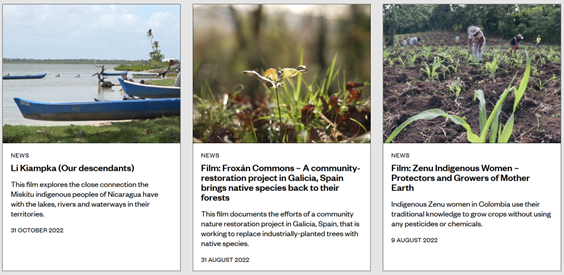
Forest Peoples Local Biodiversity Outlooks
|

Women4Biodiversity
HERStory for ChangeThis event was inspired by the human library movement that started in Denmark in 2000. Three women became "books" who shared their stories about their experiences as women in relation to biodiversity and human rights. Participants could go around in World Cafe style and listen to each of their stories. Each round of storytelling was approximately 15 minutes, followed by a sharing of the entire group at the end. HERStory for Change is meant to raise awareness on women's stories in biodiversity and human rights, an awareness which is envisioned to lead to behaviour change.
Women4Biodiversity Global Youth Biodiversity Network (GYBN) International Indigenous Forum on Biodiversity (IIFB) |

International Union for Conservation of Nature - Commission on Education and Communication (IUCN-CEC)
#NatureForAll - Update and TrendsThe presentation focused on how the #NatureForAll campaign has grown in the last four years, and highlighted the behaviour and social change strategy that guide next steps in growing the movement:
International Union for Conservation of Nature (IUCN) |
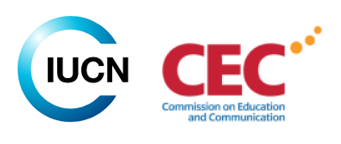
Indigenous Women's Biodiversity Network (IWBN)
Contribution of Indigenous Women on Indigenous Knowledge to the conservation and customary use of biodiversity on the Post-2020 Global Biodiversity
Indigenous Women's Biodiversity Network (IWBN) International Indigenous Forum on Biodiversity (IIFB) African Indigenous Women’s Organization (AIWO)
|

Canadian Association of Science Centres (CASC-ACCS)
Widening Circles: How Canada's national association of informal science learning uses collective impact models to create communities of changeThis engaging panel explored lessons learned and future plans for two major initiatives of the Canadian Association of Science Centres, the largest informal STEM engagement network in Canada: GenAction - 30 organizations across Canada are collectively engaging over 200,000 youth across Canada, including youth from over 57 Indigenous communities, to better understand climate change science, empower them to take action on climate change, and inspire them to become leaders in climate action now and into the future.

• Collective impact models that leverage a national network with high public trust
Canadian Association of Science Centres (CASC-ACCS) GenAction 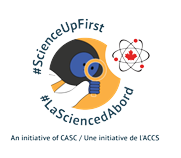 |
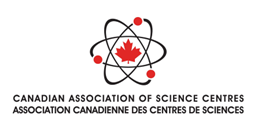
Athabasca Chipewyan First Nation (ACFN) & Mikisew Cree First Nation (MCFN)
Caribou Stewardship Plan
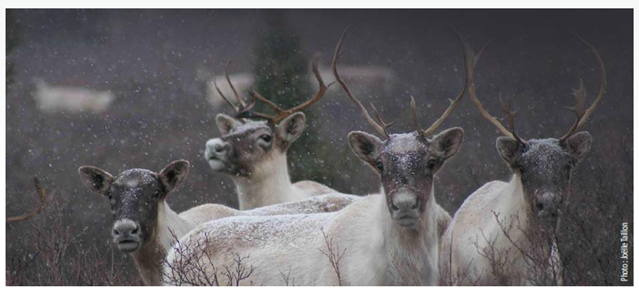
Athabasca Chipewyan First Nation (ACFN) Mikisew Cree First Nation (MCFN) |
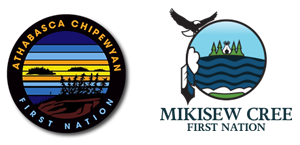
International Land Coalition
Protecting Biodiversity: the Crucial Role of Women Land and Environmental Defenders
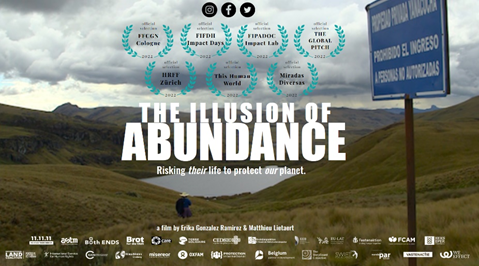
Natural Justice ICCA Consortium Forest Peoples Programme (FPP)
|

+++
